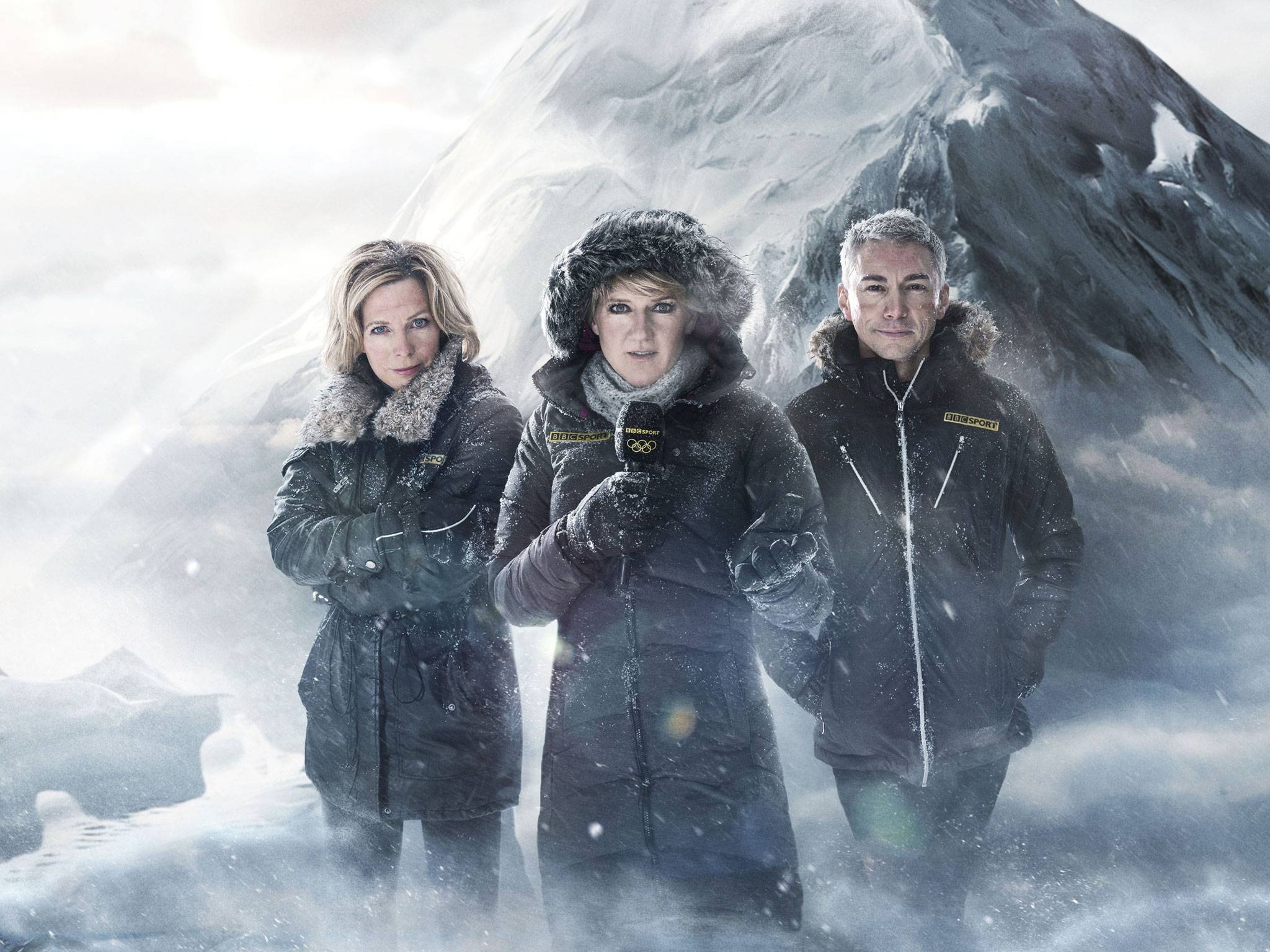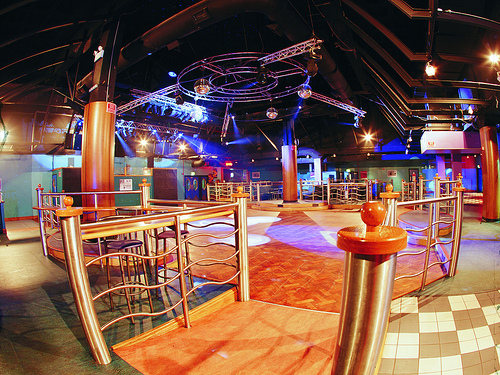 From problems with gay rights to security scares, the Winter Olympics in Sochi look doomed from the very start. But despite controversy, the games have got the green light and finally the sport will take centre stage.
From problems with gay rights to security scares, the Winter Olympics in Sochi look doomed from the very start. But despite controversy, the games have got the green light and finally the sport will take centre stage.
┬áThe city of Sochi is an affluent part of southern Russia that most British people would not have heard of, that is before it was awarded the Winter Olympics for 2014. Its population numbers just over 300,000, approximately the same as the inner areas of Cardiff and it is most famous as RussiaÔÇÖs ÔÇ£hottest cityÔÇØ. With a subtropical climate and numerous holiday resorts youÔÇÖd be forgiven for wondering why it had been chosen to host two weeks of highly competitive winter sports. Yet Sochi beat off competition from Salzburg and South Korea to win the games – and I havenÔÇÖt even mentioned the hostility towards LGBT visitors, terrorism risks and unsafe facilities.
Cynics will argue that, with footballÔÇÖs world cup coming to Russia in 2018, and indeed Sochi, that preferential treatment is being given to an already large and blossoming nation. While this may be true, Russia does not share the many of the qualities of its fellow G8 members, especially when it comes to everyday issues like security, safety and views towards homosexuality. Many are asking, how can a nation who adopts such an attitude be awarded such a prestigious competition?
Laws on homosexuality in Russia are alarmingly medieval. There is no such thing as a civil partnership or gay marriage in this part of the world and while being gay is not illegal, it is certainly not encouraged, especially not by powerful politicians and high profile celebrities. Egotistical President Vladimir Putin rarely speaks to journalists from the UK, but insisted in an interview with BBCÔÇÖs Andrew Marr that ÔÇ£gay propagandaÔÇØ would be stamped out in Sochi. Mr. Putin even stated his nation has a fear that children may be in danger, bracketing together homosexuals and paedophiles.
While the row has blazed between Western civilisation and Russia over gay rights, another storm has been brewing over security. American website USA today called the Sochi Olympics ÔÇ£the security gamesÔÇØ and told stories of how suicide bombings and terrorist attacks were a very real threat, after the attacks in Volgograd earlier this year sparked widespread fear that the games would be targeted by suicide bombers. Despite a drastic increase in police and military presence in Sochi after 34 people lost their lives in Volgograd, the atmosphere around the games will most certainly be tense. Islamic militant extremists have threatened to derail the games leading to an anti-aircraft base being built on site, and the Olympic village will be littered with the Russian army’s presence. President Putin has promised the safety of all athletes and spectators, but is that a promise he is in a position to make? After the events in Volgograd, tension will be high.
Athletes also hold concerns over the safety of some of the facilities, with particular attention being paid to the snowboarding course. Snowboarder Shaun White called it ÔÇ£intimidatingÔÇØ and has pulled out of the slopestyle competition due to safety concerns after his fellow competitor Norwegian Torstein Hormgo was ruled out of the games by breaking a collar bone on the course last Monday. Yet another problem with the games that seem to be heading towards calamity.
All of this begs the question ÔÇô why was Sochi (and Russia) given the job of hosting the games in the first place? Did the powers-that-be consider all the factors when making such a decision?
If they are like fellow governing sport organisation FIFA, who awarded Euro 2012 jointly to Ukraine and Poland, with its reputation for racism and football hooliganism, the upcoming world cup in Brazil which has seen construction workers die on site, and the ridiculous decision to host the football world cup in Qatar in 2022, the answer is no. There are so many countries and cities that are safer, better prepared and better equipped to host major sporting games. An Olympic Games or World cup brings with it huge attention from the public and the media, and huge costs that need to be made. Crossing fingers and hoping for the best is not a suitable way to head into an event like this. Total confidence in the venue and its organisers should be a bare minimum.
DonÔÇÖt misunderstand me, I hope I am proved wrong and the games in Sochi go by without a hitch, but I canÔÇÖt help thinking we shouldnÔÇÖt be previewing the games without talking about the sport itself. Jamaica has another bobsleigh team for GodÔÇÖs sake, Great Britain has a chance of winning a medal ÔÇô these are the topics that should be making headlines. The damned games may yet save themselves from disaster, but the world is watching and holding its breath.
Dominic Booth







Add Comment